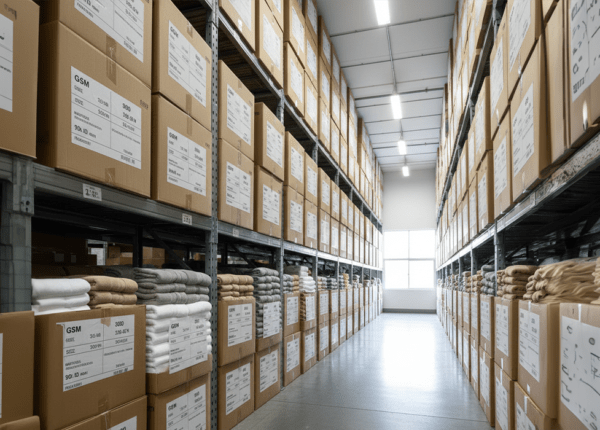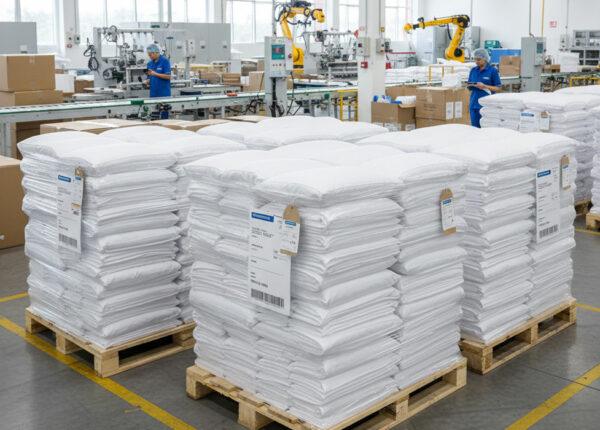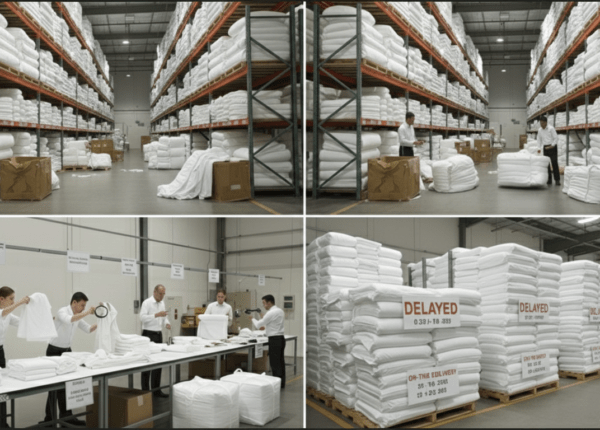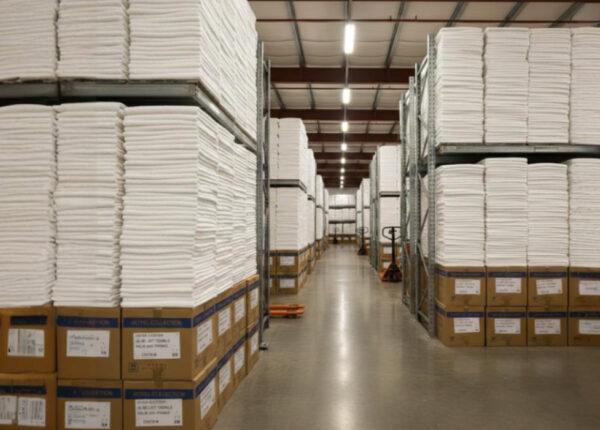For decades, the industry standard was "the heavier, the better," but the m...
In the hospitality world, a guest’s perception of your entire brand often...
In the highly competitive hospitality distribution sector, your reputation...
In the hospitality business, a wholesale hotel supply distributor’s reput...




